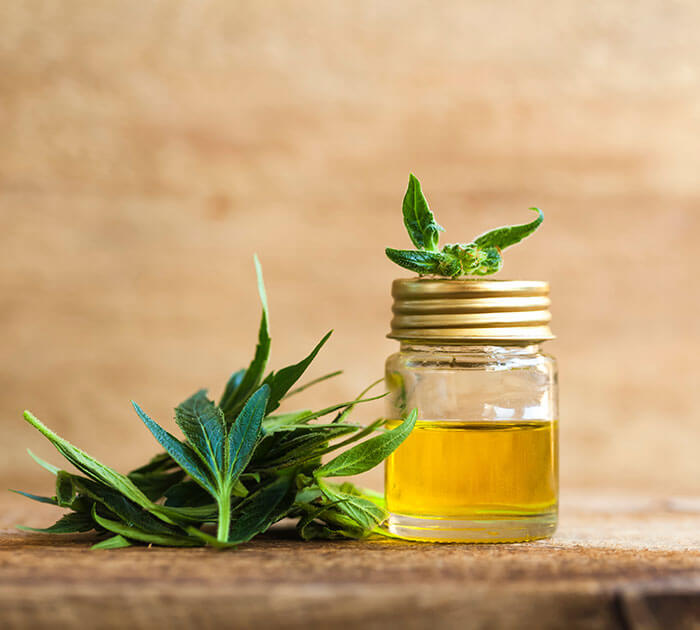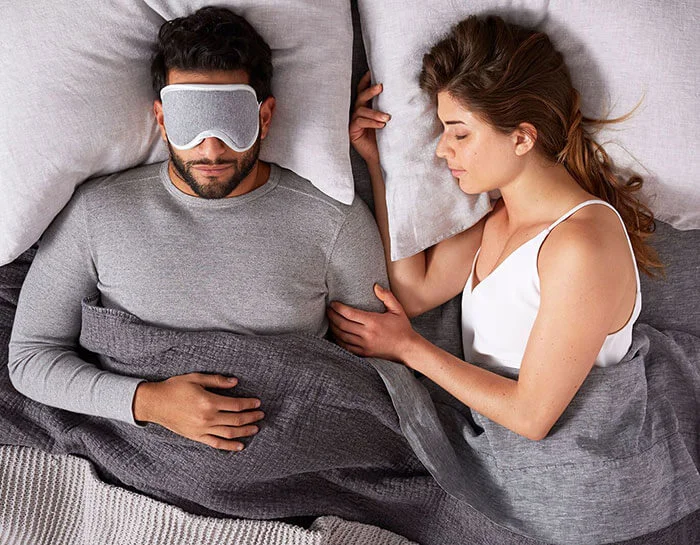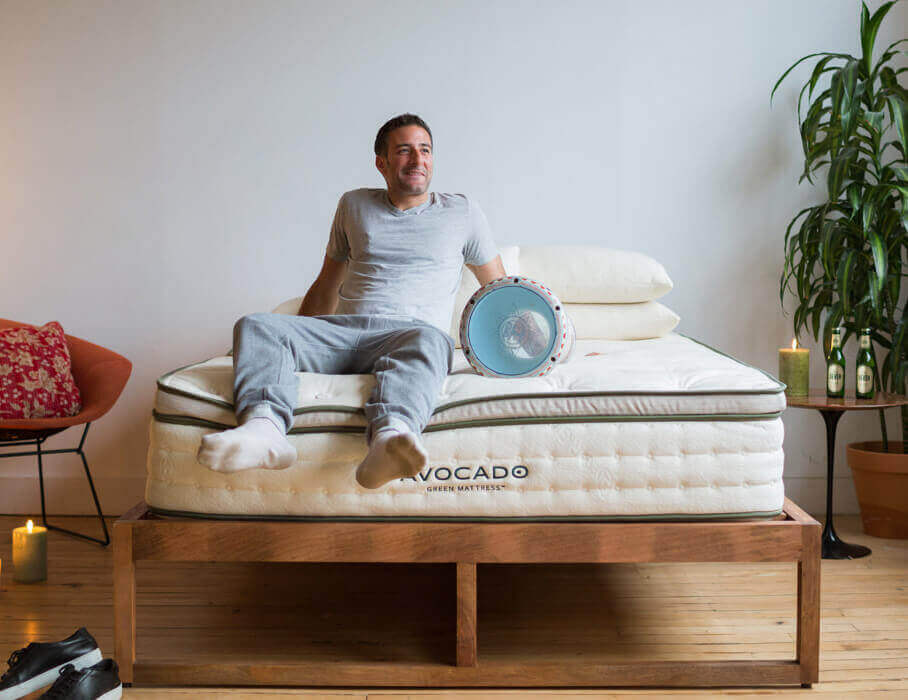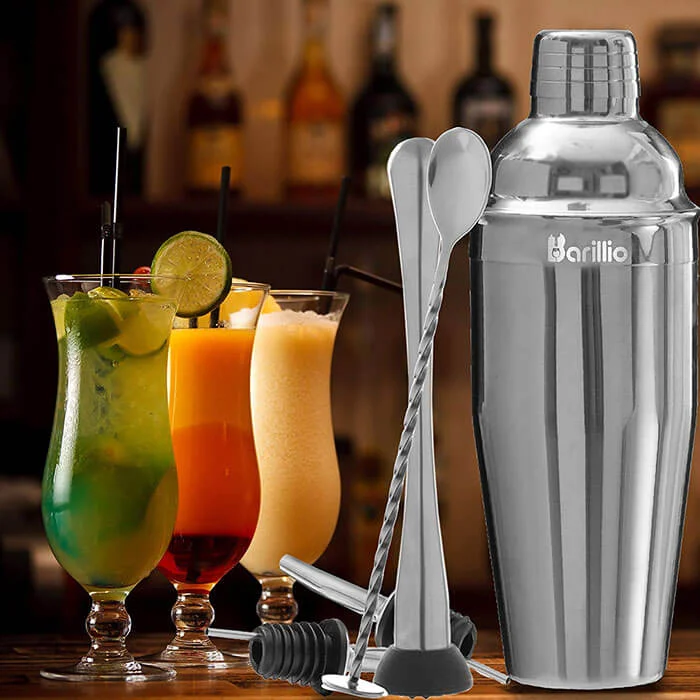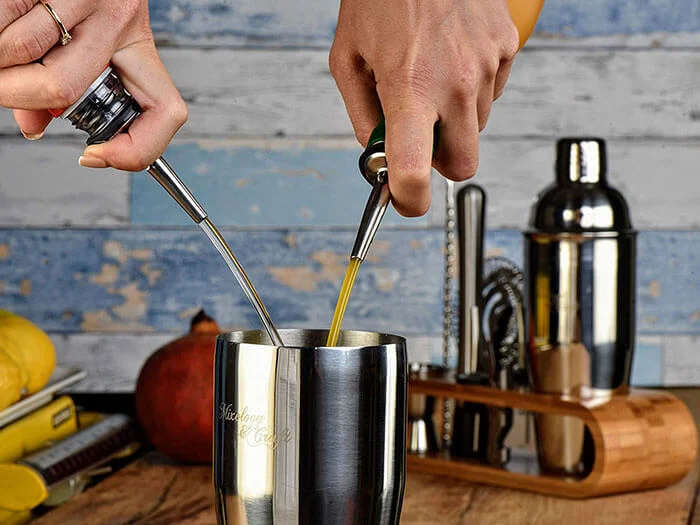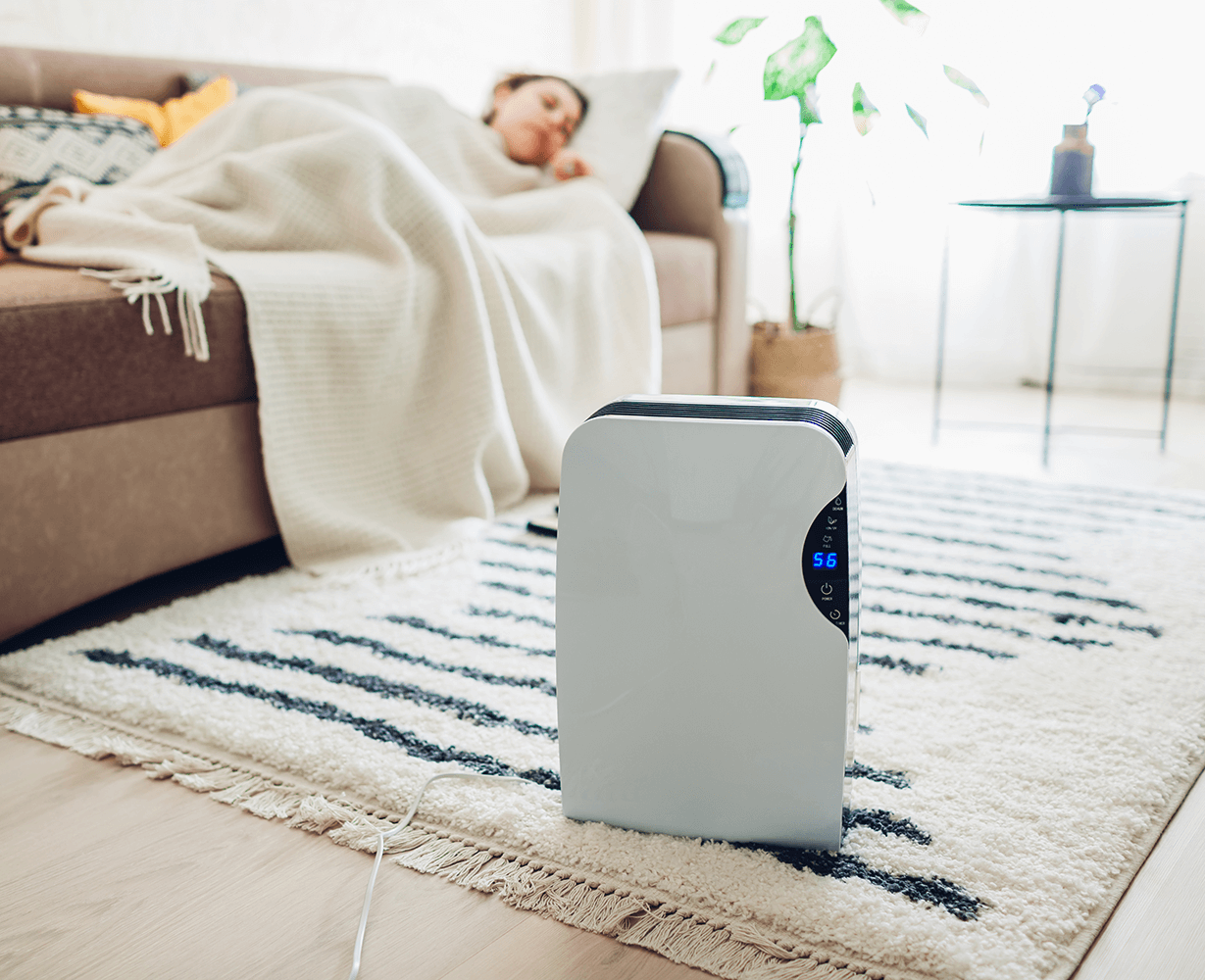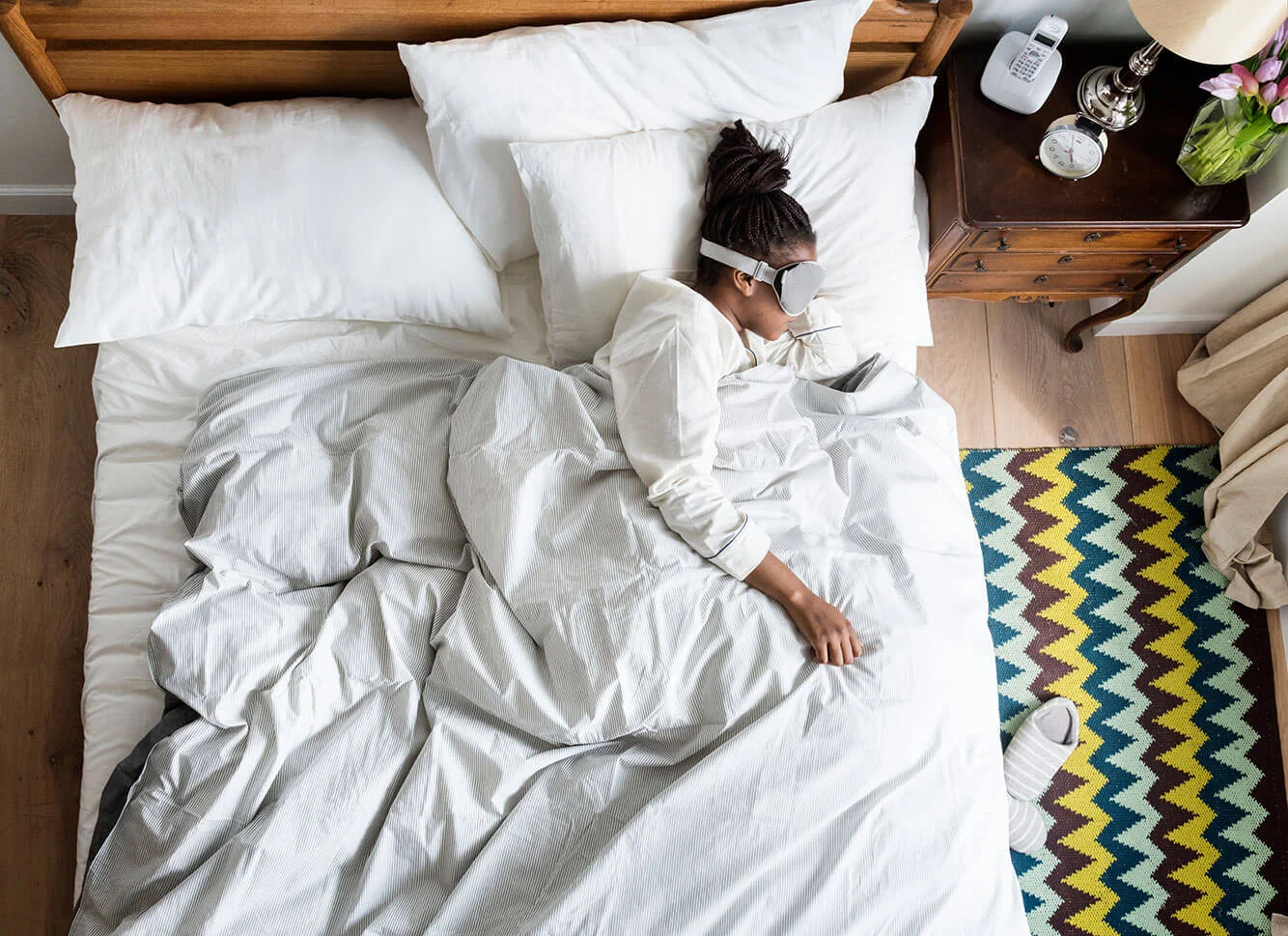Truth About CBD Oil and Sleep
A Sleep Guide To CBD Oil
Every now and then, a “new” product will hit the media scene and the public eye that’s marketed to offer health benefits. You may remember when raspberry ketones were all the rage for weight loss.
Maybe you remember when the television doctors began to proclaim coconut oil and apple cider vinegar as virtual cure-alls for just about every ailment. Well, one of the most recent additions to the list of products growing in popularity is CBD.
The oil is extracted from cannabis plants and is said to have benefits to your health, and one of these benefits is improved sleep.
If you’re suffering from insomnia, or just want to get a better night’s sleep, you may be considering CBD oil as a remedy. Before you invest, though, be sure to check out our guide on CBD and its health benefits.
What is CBD?
CBD Oil and Sleep
Before we begin, we’d like to set one thing straight: CBD is not the same thing as marijuana. Marijuana is in the genus Cannabaceae, under which are three different recognized species.
Cannabis indica, Cannabis ruderalis and Cannabis sativa are all in the same family, but they’re three different plants. To put it a different way, the genus Felidae includes your common household cat, whether it be a British shorthair or a Siamese. Felidae also, however, includes the lynx and the cheetah.
They’re simply not the same thing!
CBD oil comes from the same family as marijuana but is not intoxicating. In reality, there are two classifications of plants in the Cannabaceae genus, and they’re commonly called either hemp or marijuana. The differentiating factor is the amount of the intoxicant THC that’s in the plant. If the plant contains more than .03% THC when dried, it’s marijuana. Less, and it’s hemp.
Hemp has many industrial applications, and it’s a very sustainable plant. It’s commonly used in making paper, fabrics, building materials and even salads! Do a quick Google search for hemp uses and you’ll understand how versatile the plant is. Another use for hemp, though, is the extraction of CBD, or Cannabidiol.
There are several ways to extract or distill hemp to create CBD-rich oils, using the buds, flowers, stalks and stems of the plant. You’ll find different concentrations of CBD in your oil, but please note that hemp oil is made from the seeds of the plant and will contain no CBD.
To simplify, CBD oil is an extract that comes from hemp. Hemp is in the same genus as marijuana but does not contain enough THC to intoxicate you. Hemp is a sustainable plant with many uses, and the CBD oil extracted from it is said to have medicinal uses.
Is CBD different from THC?
In short, yes! THC is short for tetrahydrocannabinol, the compound found in plants within the Cannabaceae genus that’s responsible for intoxication. THC stimulates dopamine production in your brain and interacts with certain areas of your brain, such as the hippocampus, to affect the way you process information.
THC can cause hallucinations, delusions and can lower your inhibitions, but studies suggest it’s not without its medical merits. Preliminary studies suggest THC, in monitored dosages, may act as an effective pain reliever in lieu of opiates. It may also be useful in weight loss and as a treatment for nausea.
That said, please not that it’s always a wise choice to consult a doctor before using drugs containing THC.
cbd oil for sleep
CBD, conversely, contains no THC. In fact, studies have shown that CBD and CBD oil can actually block the effects of THC on the brain. While THC and CBD come from similar plants, they have very different effects on the body. It’s thought that CBD provides positive health benefits for those suffering conditions such as anxiety, epilepsy, chronic pain and even multiple sclerosis.
There is no “high” associated with CBD. Instead, the oil delivers pain relief and other benefits in a way that allows the user to remain clear-headed, able to drive and able to go about his or her normal routine.
Marijuana (containing THC) is currently not legal in every state. You can find resources online which will help you navigate the implications of possessing or using marijuana with THC in your area. In a similar way, different states have different restrictions on CBD oil.
For instance, some states may limit how much CBD oil you can purchase, or the forms in which you can purchase it. Before you consider trying CBD oil, please be advised that possessing, buying or using CBD in your state may very well be restricted or illegal. Always check your local regulations first.
How does CBD oil work?
best cbd for sleep
CBD oil does have some amazing properties that make it useful for quite a few conditions. It’s similar to THC in that it attaches itself to receptors in your brain, but unlike its intoxicating counterpart, CBD won’t produce the feeling of euphoria THC will. Again, studies on CBD oil and THC are relatively preliminary, and science doesn’t yet have all the answers.
However, would you believe us if we told you that our bodies host something called an endocannabinoid system? The ECS is, simply put, a biological system that’s made up of neurotransmitters and cannabinoid receptors. They’re a part of the central nervous system.
One of the effects that CBD oil has on your body is that it can help block your body’s absorption of anandamide. Anandamide is a natural chemical in your ECS that’s partially responsible for the way you perceive pain. As CBD blocks absorption, there’s more anandamide in your bloodstream, which may help to decrease your feelings of pain.
CBD has also been researched and preliminarily found to decrease inflammation, regulate responses of the immune system, and, most importantly to this guide, reduce the instance of insomnia! We’ll discuss in more depth the different forms of CBD later in this guide, but studies have suggested that substance can be used as an edible, a tincture, a vapor and even a topical with similar effects.
While research of cannabidiol are still in their infancy, the research that has been done suggests that CBD oil might be helpful for people who suffer from pain, anxiety and insomnia. Clearly, it will be years before doctors and scientists discover precisely how CBD works within the human body.
CBD as a treatment for illness
We’ve mentioned a few health benefits of CBD thus far in this guide. Let’s take a close look at what cannabidiol can do for you and your overall health. Before we list specific ailments, however, there is one point we’d like to make clear. CBD oil is new to science.
Until recently, the Cannabaceae genus was known for one compound: THC. Because of this, we’ll stress again that sufficient research on CBD has not yet been done. Please consult with your doctor before beginning to take CBD in any form. The compound may interact with your current medications and may have a negative impact on your health if not taken under supervision.
CBD may be a pain killer and anti-inflammatory
cbd and sleep
What do you take when you’re in pain? For a headache, you may grab some naproxen or ibuprofen. For more serious pain, such as post-surgery, people often turn to opioids such as Oxycontin or morphine, or to muscle relaxers or steroids.
In some cases, CBD oil is an effective alternative. As a pain reliever and a natural anti-inflammatory, CBD oil may provide the relief you need without the risk of habit-forming drugs. Furthermore, it’s a sustainable and natural way to ease your pain.
CBD can help people with epilepsy and seizure disorders
The FDA has actually approved the use of CBD for epilepsy. Back in 2011, a strain of cannabis was created for specifically this purpose. A group of brothers crossbred industrial hemp with a strain of marijuana to create a plant that had minimal THC and higher-than-normal levels of CBD.
As an aside, these brothers went on to further give back. The Realm of Caring is a non-profit created to provide support for those who use cannabis products to treat medical conditions. The group also supports doctors and scientists who wish to research the medicinal uses of this sustainable plant.
CBD can help with anxiety
does cbd help you sleep
Have you ever heard it said that THC and marijuana can make you feel paranoid? For this reason, medical professionals discourage the use of marijuana by those who suffer anxiety disorders.
However, it’s becoming apparent that CBD oil may do just the opposite; the chemical may help those who suffer social and general anxiety as well as those who suffer obsessive compulsive disorder and PTSD.
If you do experience symptoms or have been diagnosed with any of the above conditions, it’s imperative that you seek medical advice before beginning to take CBD. Like other herbals and natural products, CBD has the capacity to affect the way your brain works. Seek professional guidance, particularly if you’re already taking medication for your anxiety or other disorder.
CBD may help those with depression
If you suffer depression, your doctor or therapist may have prescribed you medication to help. However, many medications carry some very unpleasant side effects. Weight gain may be one.
More seriously, your antidepressants may make you stop feeling sad, but you may feel nothing at all. Sadly, there are some drugs called SSRIs which have been thought to actually increase depression and risk of suicide, particularly in children and teens.
Pending research, CBD could offer a more natural, safer solution to synthetic drugs. Cannabidiol reacts with serotonin receptors in the brain, possibly creating a similar effect to anti-depressants.
CBD may improve the health of your skin
Strangely enough, using CBD may help keep your skin healthy. As you now know, CBD is an anti-inflammatory and can help fight some skin conditions.
It’s also useful in treating dry skin, skin sensitivity and even in fighting the signs of aging. Hemp and CBD contain antioxidants which are thought to help diminish fine lines and wrinkles. In addition, cannabidiol helps to shorten the healing process of your skin. That means it may be effective in treating:
Acne
Psoriasis
Eczema
Psoriasis
Of course, realize that this information is new. As studies progress, we hope to learn more about how CBD can positively affect your skin’s appearance.
CBD can help you sleep
cbd sleep aid
This is Citrus Sleep, and if you’ve been here a while you know that we realize the importance of a good night’s rest. Good sleep can:
Be critical to your weight loss efforts
Improve your heart health
Help ward off disease like type 2 diabetes and certain types of cancer
Improve your memory
Reduce your risk of depression and tendency toward suicide
Do much, much more
If you’re having trouble sleeping, you’re putting your health at risk. CBD may be able to help improve your sleep habits and ultimately improve your health. To begin with, CBD contains a substance called myrcene, which is a mild sedative. Consider it akin to eating turkey on Thanksgiving. It’s not potent but may help you get some Zs.
However, myrcene is only one way CBD can help you sleep better. The compound is an anti-inflammatory, it reduced the instance of anxiety, may help alleviate seizures, can make you feel more self-confident, can reduce your pain… wouldn’t that help you sleep better? Don’t be mistaken – CBD isn’t a cure all or a panacea for your every ailment. However, scientific studies suggest that talking to your doctor about cannabidiol may help put you on the path to good sleep and good health.
Forms of CBD
best cbd oil for sleep
You may be wondering how you actually “take” CBD. Well, cannabidiol comes in many forms. You can eat it. You can smoke or inhale it (usually as a vapor). You can use it topically as a lotion or just as an oil.
You can take it sublingually (under your tongue.) It’s fair to say that you can almost use CBD in as many ways as you can use marijuana.
The most popular way to take CBD is in an oil. You can smoke it or use it as tincture and drop it on your tongue. You could also have a lotion made for you, and can rub it into your skin. A common question CBD newcomers ask is, “how can I get CBD results fast?”
Again. Please recall that this isn’t even yet science. It’s unclear as to how quickly CBD takes to work, whether it’s a long term process like a vitamin or an almost instantaneous result, like a painkiller.
Your best option is to speak with your doctor, who will work with you to modify both the dosage of your CBD and the way in which you use it.
With that in mind, there are several forms of CBD. Your doctor may suggest:
Lotions
Sublingual remedies
Vapors
Topicals, like lotions and oils
Bath bombs and soaks
Edibles and ingestibles
Tinctures
There are also different strengths of CBD products, making it all the more necessary to consult your physician.
What is the CBD sleep cocktail?
does cbd help with sleep
As you further research CBD on the web, you’ll no doubt find many websites that provide recipes for CBD cocktails. The purpose of these mixtures can range from pain relief to, of course, getting better sleep. After a bit of research, we came across several recipes that are formulated specifically to help you catch some Zs. However, they all have one thing in common: they suggest that you use your “preferred dosage.”
That having been said, we’ll repeat once more – talk to your doctor about how much CBD you should ingest. Now, for some the taste of CBD very neutral. It doesn’t have much of a flavor, it’s similar to swallowing vegetable or castor oil. However, swallowing oil itself can be quite unpleasant. For some, it will initiate a gag reflex. For others, it’s bound to cause reflux and other issues.
What we’ve found in common with each CBD oil sleep cocktail is that they all recommend mixing the oil with something tart and tangy. Common ingredients include:
Cherry juice
Grapefruit juice
Grape juice
Orange juice
Pomegranate juice
Drink as little or as much as you like. Keep in mind, though, that a midnight trip to the restroom will disturb your sleep! To your drink of choice, add a half a dropper of valerian root, a known herbal sedative. Valerian root has an earthy taste, so adding it to juice is smart.
Finally, add your preferred dosage of CBD tincture or oil, and enjoy! There are certain foods that will help you sleep, such as cottage cheese and Greek yogurt. If you’re not a fan of fruit juice you can add CBD to food and serve up as a bedtime snack.
A CBD Oil Guide To A Healthy Lifestyle and Sleep
If you’re considering CBD (Cannabidiol) for sleep, you undoubtedly want to know, simply, does it work? Well, as we’ve mentioned throughout this guide, CBD has been shown in preliminary studies to effectively work to help you sleep.
It’s a natural painkiller and provides benefits to your mental and emotional well being. So, even if CBD itself doesn’t put you to sleep, it will put your mind and body in a place where you’re more readily able to relax.
We’ve also mentioned several times that it’s critical that you speak with a health care provider before beginning to take CBD. The oil has not yet been fully researched, and may interact with your existing physical and mental conditions, as well as reduce the efficacy or counteract your existing medications.
Karen A Mulvey is a personal social blogger and mom with 14 years of experience in the every day world of motherhood and sustainable product research. Karen is on a mission to help everyday families select sustainable, non-toxic organic products, stop stressing about uncertainties on sustainable home goods and apparel, and start living the life they’ve always wanted.
Follow Karen at @karenAmulveycs | Karen A Mulvey


